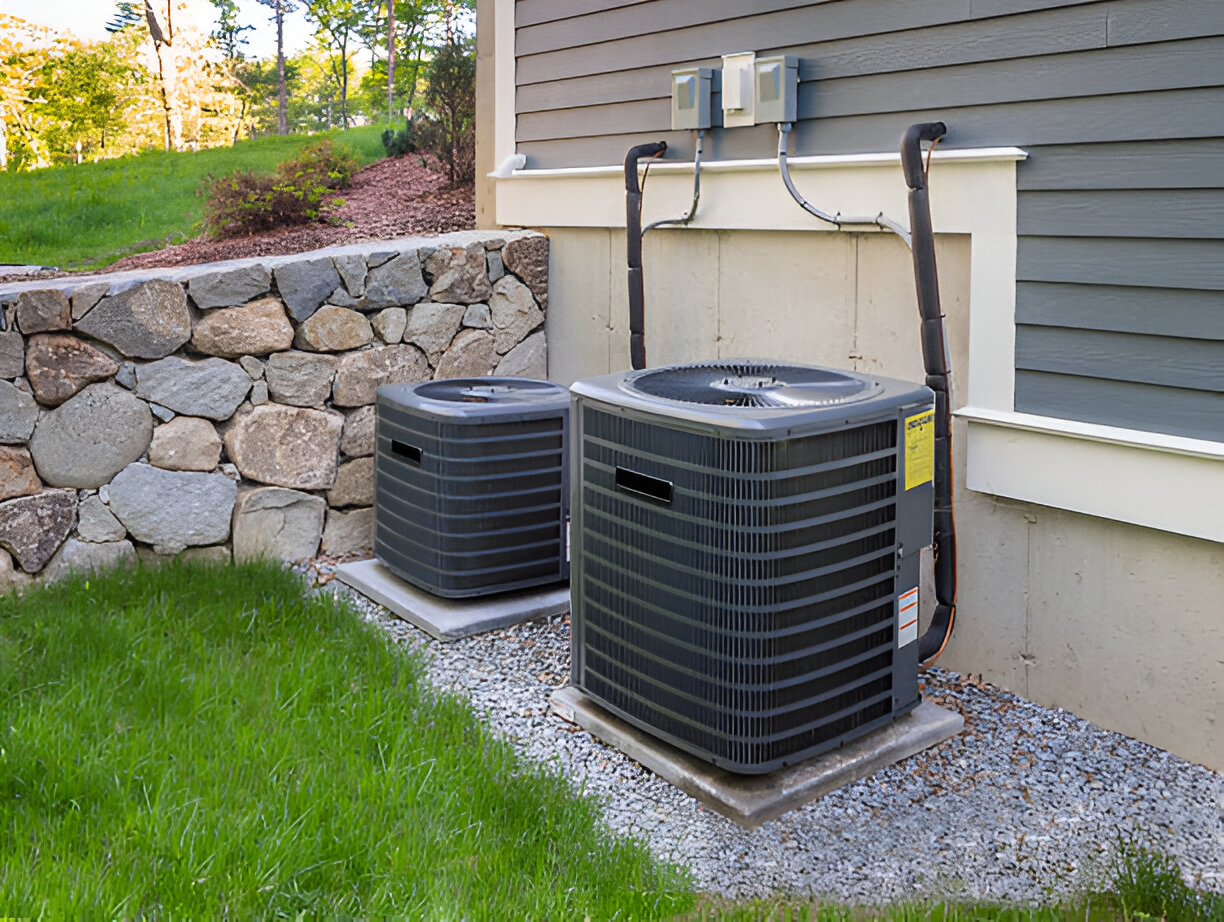HVAC Maintenance in Fortuna Foothills, AZ
HVAC Maintenance in Fortuna Foothills, AZ helps reduce breakdown risk and cut energy costs with seasonal tune-ups. Learn more about our service plans.




HVAC Maintenance in Fortuna Foothills, AZ
Keeping your HVAC system well maintained in Fortuna Foothills, AZ is essential to reliable comfort and long equipment life. With long, hot summers, dusty desert winds, and occasional monsoon humidity, homes here place heavy demands on air conditioners, heat pumps, and ventilation systems. Regular preventative maintenance and seasonal tune-ups reduce breakdown risk during peak heat, improve efficiency, and help avoid costly midseason repairs.
Why HVAC maintenance matters in Fortuna Foothills
Fortuna Foothills homeowners face several local challenges that make scheduled HVAC service important:
- Heavy summer run-times raise wear on compressors, motors, and refrigerant circuits.
- Desert dust and sand quickly clog filters, coils, and blower wheels, reducing airflow and efficiency.
- Monsoon season increases humidity and the risk of mold in drain pans and ductwork.
- Temperature swings can stress thermostats, electrical connections, and mechanical mounts.
Routine maintenance addresses these issues before they become failures, keeping systems safer, longer lasting, and less expensive to operate.
Common HVAC problems we prevent with tune-ups
A seasonal tune-up catches the most frequent causes of breakdowns:
- Reduced cooling capacity from dirty coils or low refrigerant
- Short cycling or overheating due to restricted airflow or dirty filters
- Failed motors or bearings from lack of lubrication and inspection
- Electrical problems from loose connections or worn components
- Drain clogs that lead to water damage or secondary HVAC failures
- Improper thermostat calibration causing inefficient run cycles
What a preventative maintenance program covers
Preventative maintenance programs are structured to protect system health with recurring service. Typical plan components include:
- Filter changes and inspection
- Replace or clean filters at manufacturer-recommended intervals; increase frequency in dusty conditions
- Recommend filter type and MERV level based on indoor air quality needs
- Coil and blower cleaning
- Clean evaporator and condenser coils to restore heat transfer
- Degrease and clear blower wheel and housing to maintain airflow
- Refrigerant checks and leak detection
- Measure refrigerant charge; inspect for leaks or abnormal pressures
- Address undercharge or overcharge conditions that reduce efficiency
- Safety and electrical inspections
- Tighten electrical connections, test capacitors and relays, inspect contactors
- Verify safety switches, limit controls, and gas valves (for gas furnaces)
- Efficiency testing and system performance
- Measure system operating temperatures, static pressure, and airflow
- Record baseline efficiency data to compare over time
- Condensate and drain maintenance
- Clear condensate lines, clean pans, and verify drain pumps where present
- Treat or inspect for mold and biofilm in humid months
- Duct and airflow checks
- Inspect accessible ductwork for leaks or blockages impacting system balance
- Check vents and returns to ensure even distribution
- Thermostat and controls calibration
- Confirm thermostat accuracy, program settings, and communicate system behavior
- Inspection reports and recommended repairs
- Provide a written summary of findings, prioritized maintenance items, and estimated life expectancy
Seasonal tune-up process — what to expect
A professional seasonal tune-up is a systematic inspection and service visit designed to prepare your system for the upcoming season:
- Visual and safety inspection of outdoor and indoor equipment
- Replace or clean filters and check airflow at supply and return registers
- Clean coils and blower assembly as needed
- Measure refrigerant pressures and temperatures; test compressor and fan operation
- Inspect electrical components and tighten connections
- Test safety controls, thermostat operation, and system cycles
- Verify condensate drainage and check refrigerant lines insulation
- Provide a service report with findings, photographs (if applicable), and recommended next steps
Technicians document readings so you can track system health year to year. For heat pump systems, both heating and cooling modes are checked to ensure readiness for shoulder seasons.
Maintenance agreements and plan options
Maintenance agreements simplify recurring service and make upkeep predictable. Typical plan features:
- Scheduled seasonal visits (spring cooling tune-up and fall heating tune-up)
- Priority appointment windows during peak seasons
- Discounted diagnostic or repair labor under plan terms
- Service reminders and documented maintenance history
- Options for single-family homes, multi-zone systems, and commercial units
Plans are usually tiered (basic, comprehensive) so you can choose the level of coverage that matches your equipment age, warranty requirements, and indoor air quality goals.
Benefits of regular HVAC service
Investing in regular maintenance delivers measurable advantages:
- Reduced risk of mid-summer or winter breakdowns when repair costs and inconvenience are highest
- Improved energy efficiency and lower monthly utility costs
- Extended equipment life by preventing premature component failure
- Better indoor air quality by maintaining clean filters and coils
- Safer operation through routine safety checks on gas and electrical components
- Documentation that can support warranty claims and resale value
Practical homeowner tips between visits
Keep your system running smoothly between professional tune-ups:
- Check and change disposable filters monthly during dusty months; at minimum every 90 days for standard use
- Keep outdoor condenser units free of debris, weeds, and excessive sun-blocking landscaping while allowing airflow
- Avoid setting thermostat extremes; use gradual setpoints to reduce stress on equipment
- Watch for warning signs: odd noises, noticeable pressure drops at vents, water around the indoor unit, or sudden cost spikes
- During monsoon season, verify condensate drains are clear and inspect attics or closets for moisture
Enrolling in a maintenance program and scheduling recurring visits
Enrolling in a maintenance plan typically involves these straightforward steps:
- Choose the plan level and service frequency that fits your home and equipment
- Provide system details such as age, brand, model, and installation location
- Select preferred seasonal windows or recurring visit intervals (biannual visits are common)
- Authorize recurring service terms and allow access instructions for technicians
- An initial inspection sets the baseline; subsequent visits follow the agreed schedule and include documented reports
For Fortuna Foothills homes, planning tune-ups before the summer heat and again before cooler months ensures peak performance when you need it most.
Final note on long-term value
Regular HVAC maintenance in Fortuna Foothills, AZ protects comfort and budgets. With the desert climate and heavy seasonal demands, preventative care is the most reliable way to avoid emergency repairs, maximize system efficiency, and extend equipment life. A consistent maintenance rhythm tailored to local conditions keeps your home comfortable and your system working efficiently for years.


Financing
Financing Options Available: Get the comfort you need now with flexible payment plans.
.webp)





